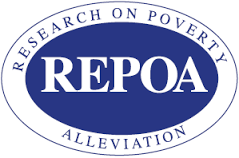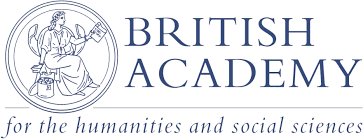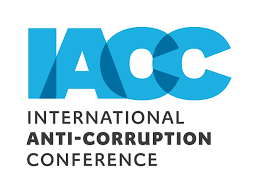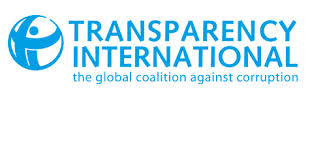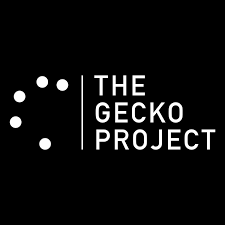Open Society Foundations
Our Mission
The Open Society Foundations work to build vibrant and tolerant societies whose governments are accountable and open to the participation of all people.
We seek to strengthen the rule of law; respect for human rights, minorities, and a diversity of opinions; democratically elected governments; and a civil society that helps keep government power in check.
We help to shape public policies that assure greater fairness in political, legal, and economic systems and safeguard fundamental rights.




